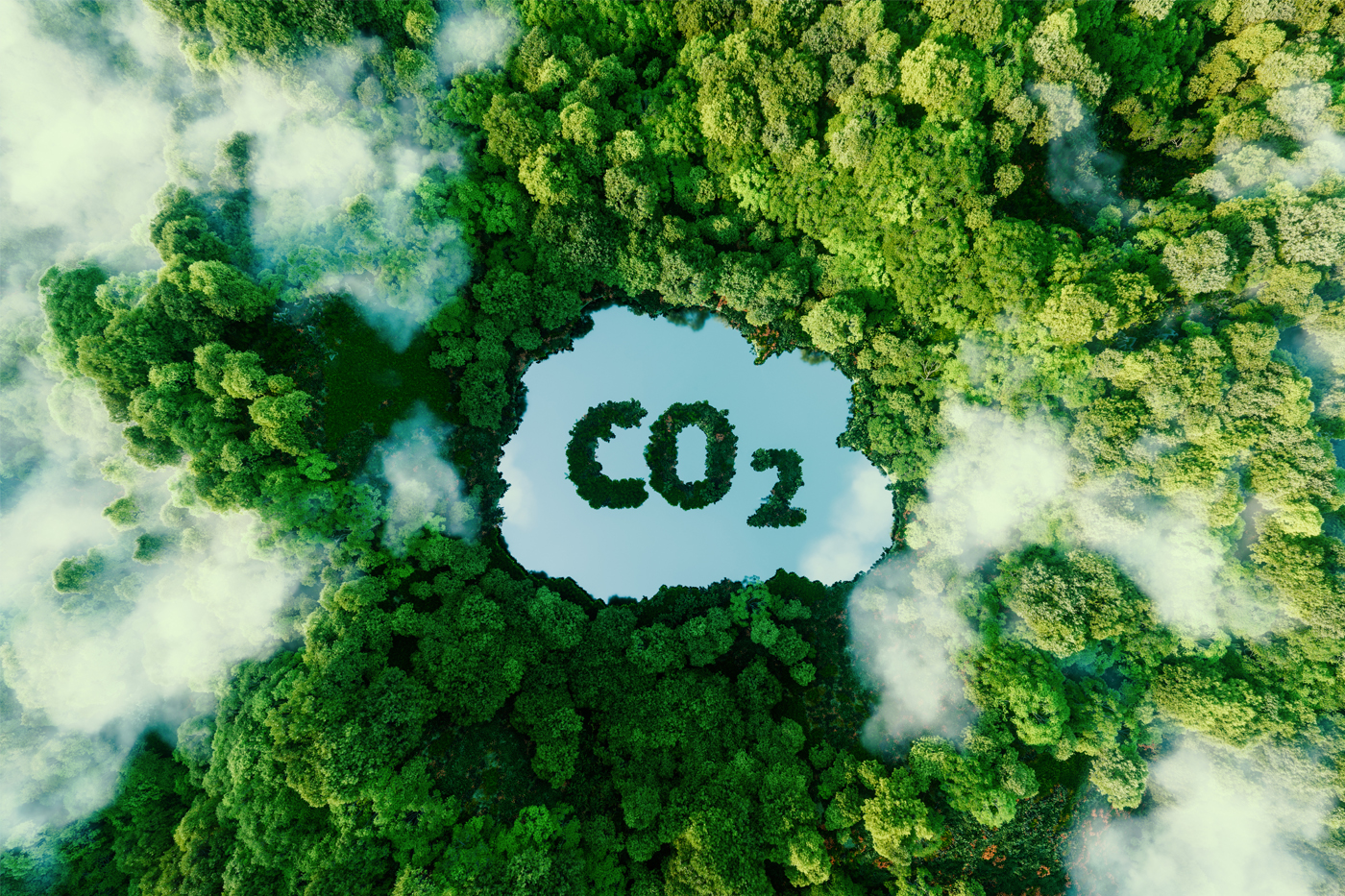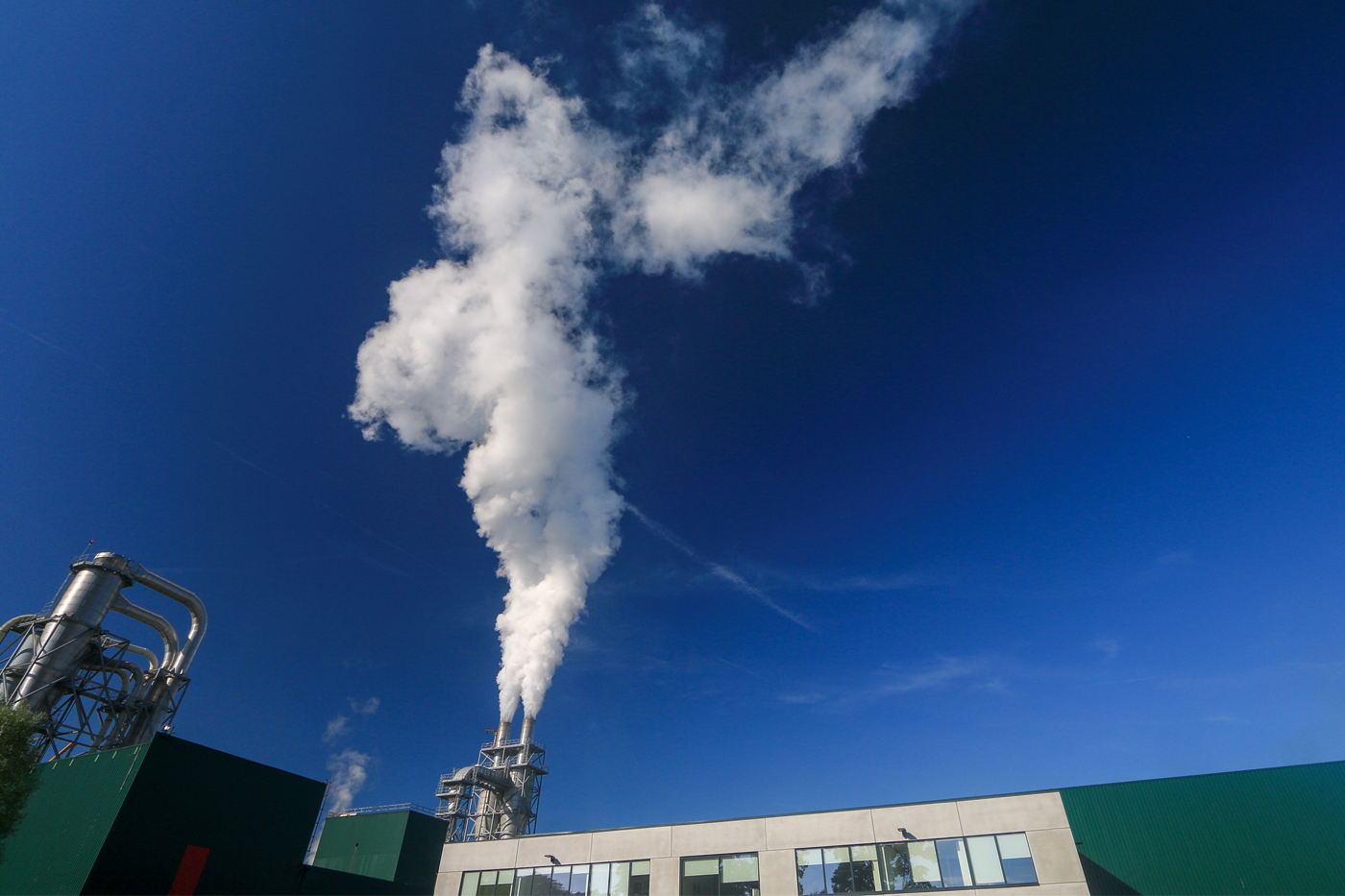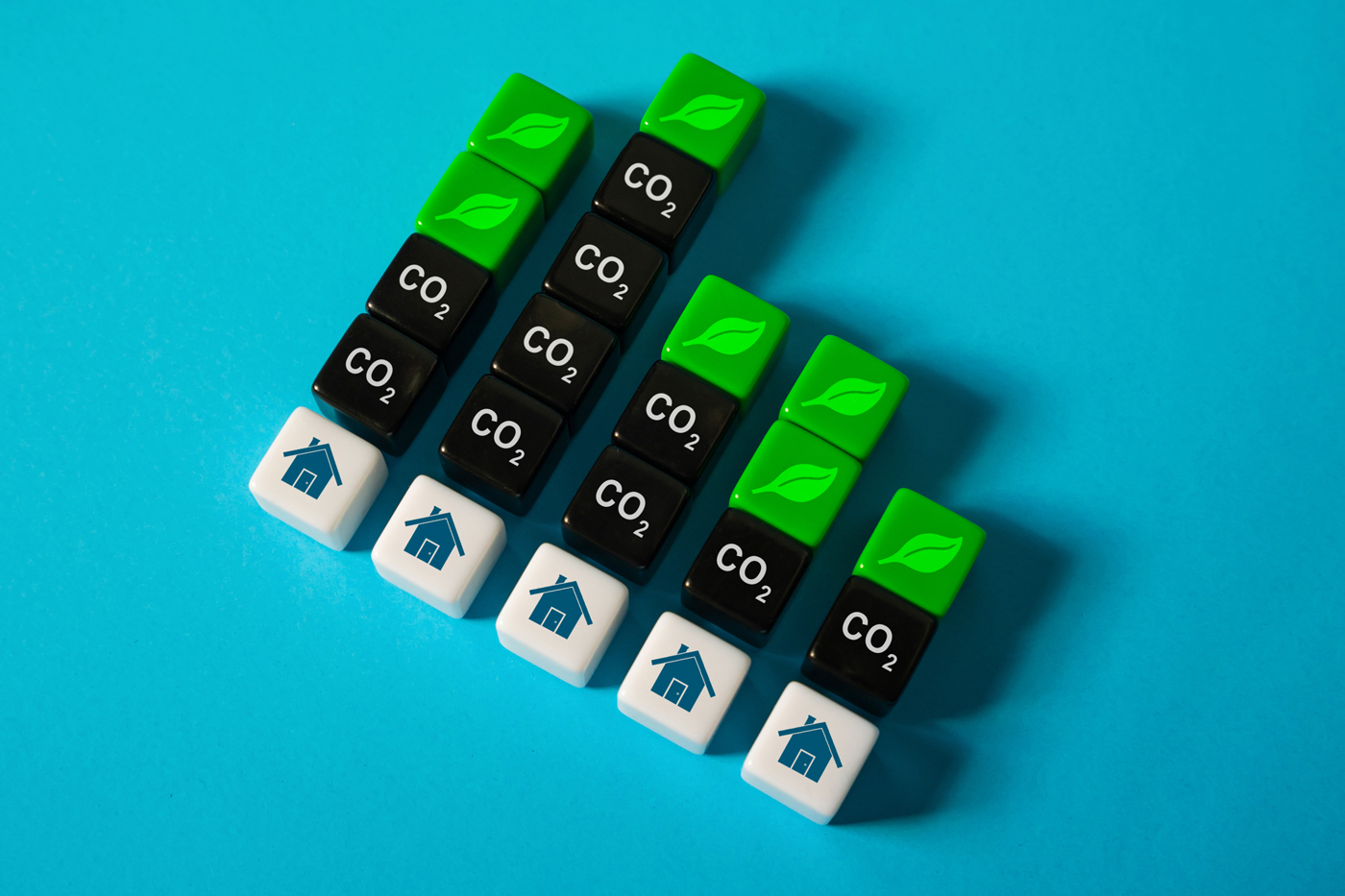Changes to EU Climate Policies Accelerate Need for Adaptation of Malaysia’s Sustainability Focus
Opportunity for Malaysia to relook at sustainability framework and reinforce progress made in integrating sustainable business practices.

By Raja Amir Shah Raja Azwa
The climate change policy agenda got another significant boost in December with the European Parliament’s passing of legislation that would apply tariffs on imported products based on how much carbon dioxide is used in their production.
Specifically, European companies that import products which are highly carbon-intensive in their production will have to buy carbon credits to cover the value of the carbon dioxide emissions that they embody. These products include iron, steel, cement, fertilisers, aluminium and electricity.
The production of industrial goods in this list currently collectively account for around 13% of global emissions, while energy, which includes electricity, accounts for around 73% of global emissions.
Concurrently, early December saw the European Union (EU) pass similar laws relating to commodity suppliers in palm oil, cattle, soy, coffee, cocoa, timber and rubber having to prove their products are not derived from land subject to deforestation.
There is no denying that these policies are likely to be challenging for large exporters of these products to Europe, including Malaysia, which could see demand for their exports fall. But the reality is that this is the direction of travel for policy. While this will be challenging in the short run, there are also clear long-run opportunities. These policy changes help to better align the price signals to encourage a faster energy transition, which should help to mobilise investments that are needed to make it happen.
The main objective is to limit the use of fossil fuels and the impact of deforestation to thus lower carbon dioxide emissions. The necessary reaction is to be clear-eyed about these policy changes and for countries to adapt and work out what are the opportunities. It also offers the potential to markets like Malaysia to demonstrate the strides they’re making in areas like deforestation and other sustainable practices which can be a differentiator to other countries.
A year on, after the overturn of commodity markets due to Russia’s invasion of Ukraine, food price inflation remains high around the world despite having reduced from historic peaks in 2022. The price of food is especially sensitive to the war as both countries are significant global commodity-exporting nations. HSBC Global Research predicts that the super-squeeze in commodity markets is set to keep global commodity prices at levels that are well-above their historical averages, which is a positive for large commodity-exporting nations.
As a key exporter of commodities, elevated global commodity prices have resulted in some benefits for Malaysia, such as strong commodity exports which have helped to bolster the economy. This has also played a part in Malaysia outperforming its peers in terms of trade performance. According to the Malaysian External Trade Development Corporation, in 2022, Malaysia’s exports rose by 25% to RM1.552 trillion with the EU being one of the major trading partners for exports, including commodities.
At the same time, commodity-driven deforestation can have a major impact on the environment, local communities and climate change. Food and land-use systems account for around a third of all greenhouse gas emissions and it is land-use change, such as clearing forests to make way for farms, that drives these emissions. Consequently, environmental and climate-change developments are emerging as structural factors influencing global commodity markets.
The ongoing due diligence in the EU presents Malaysia with an opportunity to formulate more deliberate and detailed definitions of criteria for sustainable development of the commodities sector. This will be critical to support the country’s net-zero commitment by 2050 and, importantly help to maintain export competitiveness while meeting the world’s stringent demands. The National Agricommodity Policy 2021–2030, which was launched last year to facilitate the development of Malaysia’s agriculture commodity industry in a more sustainable, competitive and market-oriented manner, is a major step in the right direction.
With halal principles and production supporting the development of sustainable agriculture, encouraging more halal food production can also be an effective way to advance sustainable farming and agriculture. But more needs to be done.

Manufacturing, which is also a key driver of the Malaysian economy, comprises many sectors that depend on carbon-intensive processes and pose serious environmental risks. Some of the largest emitting sectors within the manufacturing industry in the country impacted by the latest round of EU climate tariffs include iron and steel amongst others.
The global iron and steel industry is emission intensive, responsible for about 7% of the total global greenhouse gas emissions. Undoubtedly, steel is crucial to the energy transition, particularly as it is a critical component in our everyday life with it being used in cars, offices and even homes. It also serves as critical material for technologies such as electric vehicles and advanced manufacturing processes. Industry transformation is therefore essential in Malaysia.
Currently, complexity and cost factors prevent the industry from decarbonising more quickly. Nevertheless, a starting point for companies is to identify and develop facility-specific roadmaps for a net-zero emissions future. Instead of investing in coal-based equipment, low-carbon technologies that can replace or be applied to existing assets can be deployed – this includes energy efficiency improvements, carbon capture and storage, and biomass or green hydrogen.
Support for investment and innovation would further enable steel’s decarbonisation particularly with green steel becoming increasingly appealing to businesses across a value chain. As an example, to enable the development of green steel, there are plans to build Europe’s first large-scale green steel plant in Sweden. Its products will be used in the same way as traditional steel, to construct everything from cars and cargo ships to buildings and bridges. Interestingly, the new plant will use hydrogen technology, designed to cut emissions by as much as 95%.

A significant amount of capital is required as part of the decarbonisation process across industries and the financial sector will be key to enabling this. The role of banks is to actively engage with borrowers within the industry and support their efforts. This includes developing financing and investment solutions to enable even the most heavy-emitting sectors to progressively decarbonise, while also maintaining a stable economy and the resilience of sectors that are fundamental to a nation’s growth. Islamic finance itself has its roots in not causing harm and promoting a values-based economy. As such, it can play a fundamental part in ensuring that more financial resources are mobilised in a sustainable manner.
At HSBC, we’re prioritising financing and investment to support our customers’ transition to net zero. We have pledged to reach this across our portfolio by 2050 or sooner, in line with the goals of the Paris Agreement. To do this, our customers need to switch to more sustainable ways of doing business. We have committed up to USD1 trillion of financing and investment by 2030 to help them get there.
HSBC Amanah’s climate-related strategies are part of a broader commitment to sustainability that is aligned with HSBC Group’s ambition to become a net-zero bank. The Islamic franchise’s sustainability focus is also aligned with the principles specified as part of Bank Negara Malaysia’s Value-based Intermediation initiative – focused on shifting away from a solely profit-focused mindset to a new and holistic direction that looks at the impact of banking to both people and the planet whilst also ensuring that profit returns for shareholders remain a priority.
No one said the energy transition was going to be easy, but although there will be costs, there will also be substantial opportunities, particularly for those countries able to move fastest to embrace them. With Malaysia’s ambition to become a carbon-neutral nation by 2050, rigorous global climate policies such as the ones that have been announced by the EU, open massive potential for the country to relook at and adapt its sustainability framework across key industries and reinforce the great progress made by the country in integrating sustainable business practices. This will be crucial to elevate Malaysia’s competitiveness in the global arena and will also fuel the country’s long-term sustainable growth.
Raja Amir Shah Raja Azwa is the CEO of HSBC Amanah; the Best International Islamic Bank in 2023 according to Euromoney. He has over 16 years of experience in finance, in particular Islamic banking and the development of the Malaysian Sukuk market. He is responsible for executing the Bank’s strategy for Islamic banking in Malaysia, driving sustainable leadership and value-based intermediation efforts.